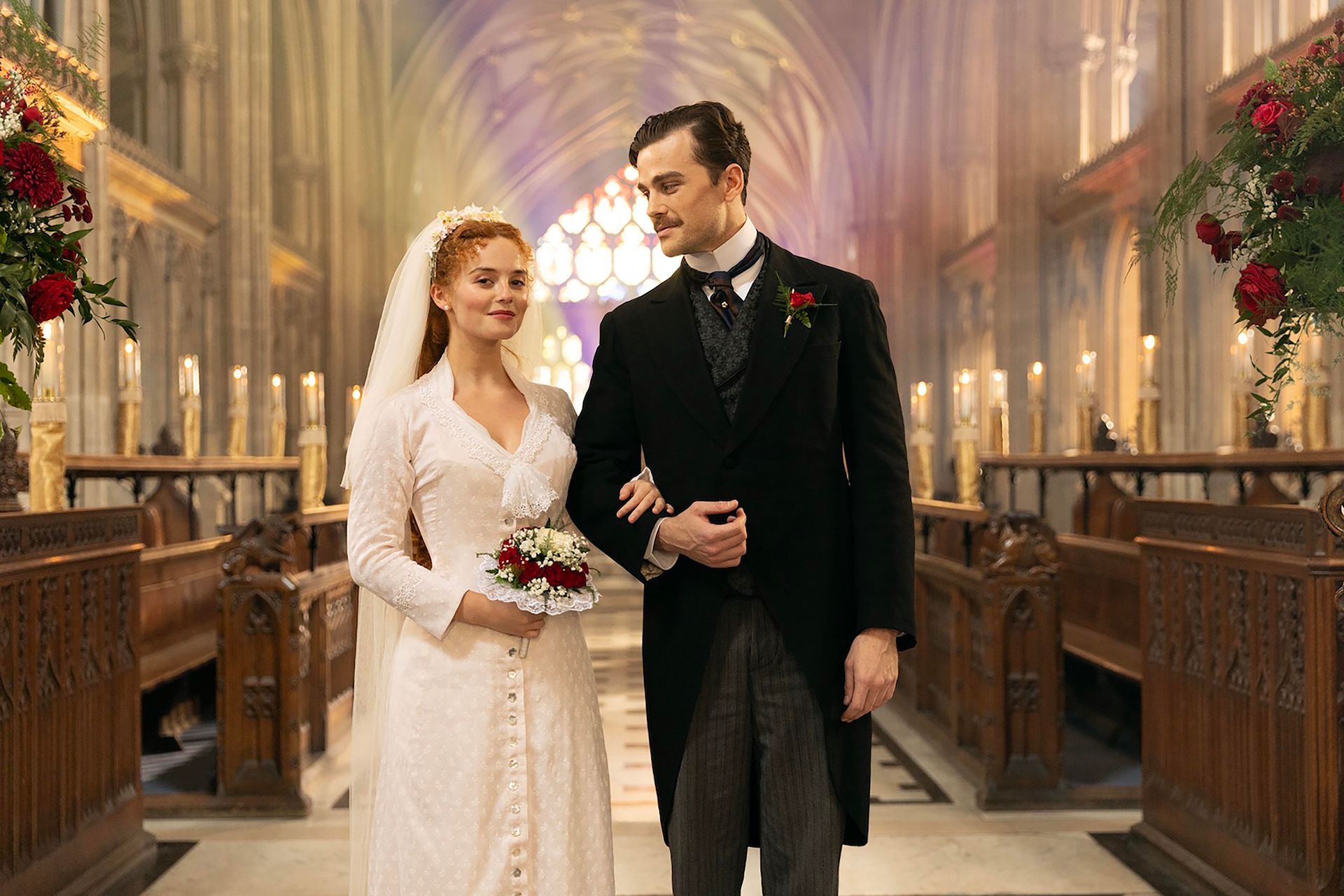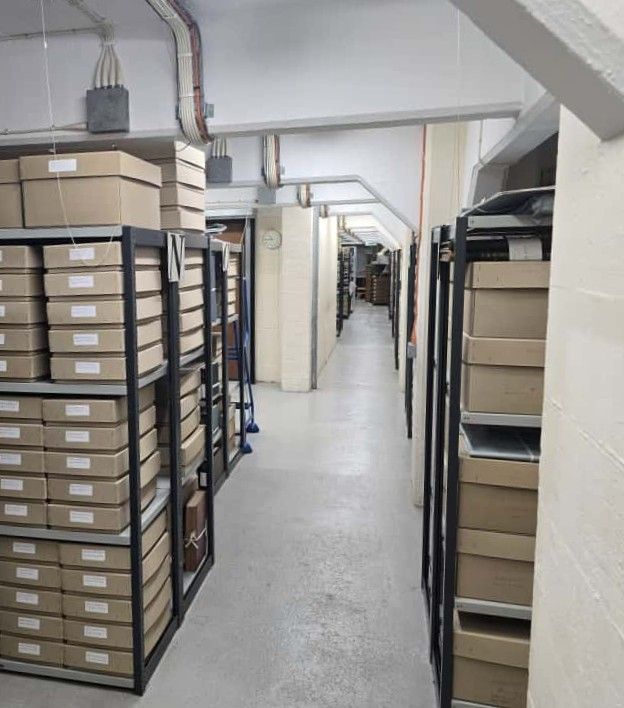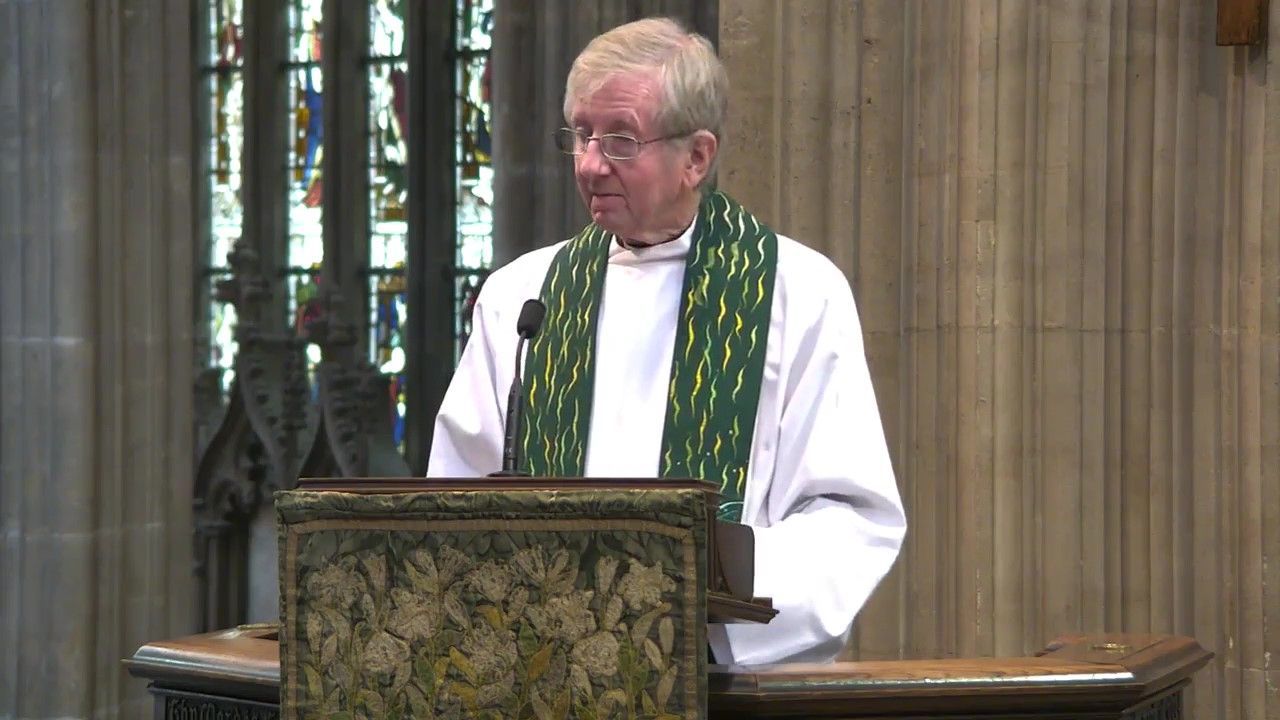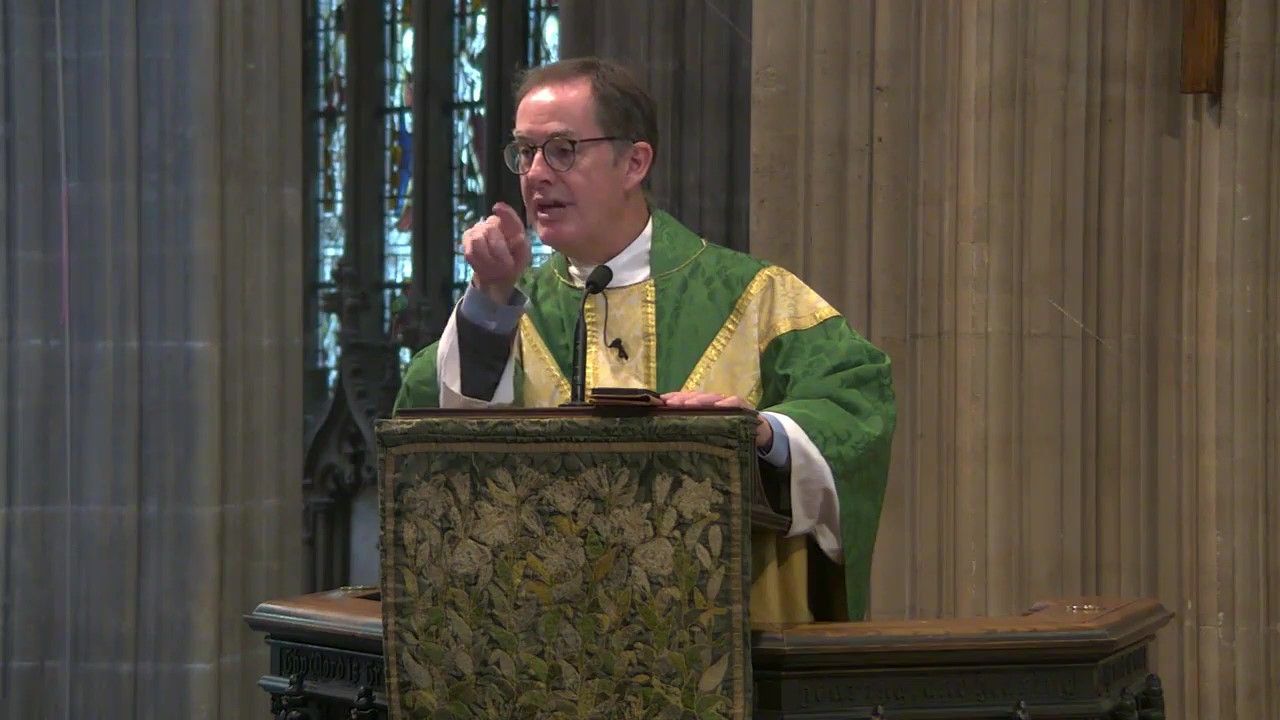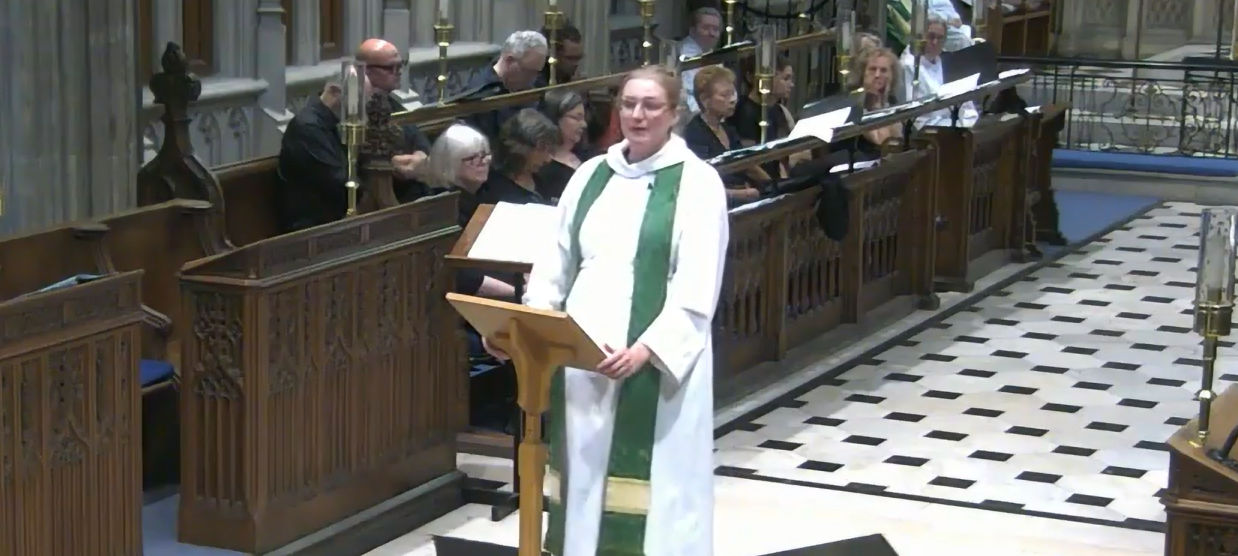All of us make many mistakes
In this Sunday's epistle, St James uses the image of a bit and bridle, of a rudder and of a tongue to demonstrate how horses, ships and people are led by something that, when taken away from its context, is small, weak and meaningless. It is a powerful image that travels the time and space between first century Palestine and twenty-first century Bristol with ease.
Horses, whether galloping round Cheltenham racecourse or being used to keep one group of protestors away from another; boats, from dinghy's at the far end of the harbour to ocean going liners and warships; people, whether (as James' puts it) speaking words of blessing or cursing; all are still directed by those small and hidden yet ultimately powerful and authoritative gizmos.
"With (our tongue) we bless the Lord and Father, and with it we curse those who are made in the likeness of God: from the same mouth some blessing and cursing. My brothers and sisters, this ought not to be so."
We all know that it ought not to be so; and yet we all know that it is so for we all know that all of us make many mistakes. Perhaps the analogy doesn't follow through all the way as bits and rudders are controlled by someone outside the body of the horse or the hull of the ship. On the other hand, we are the ones who control our tongues - and fail to control our tongues from time to time.
There is much merit in remembering that we all make many mistakes, knowing that our past doesn't overshadow our future and yet not allowing that to stop us from wanting to leave our past behind us and to walk into a different, more loved and more lovable, future.
The God that calls us to a better, brighter tomorrow loves us no matter what our yesterdays look like, no matter how much our tongue has been used for cursing rather than blessing, no matter how many mistakes we have made. However, that self same God doesn't want us to live on that "rinse and repeat" cycle whereby nothing ever really changes.
The God who is faithful and ever constant by our side, is much more focussed on (and calls us to set our eyes on) the hope of today and the potential of tomorrow and to let go of the mistakes of today.
